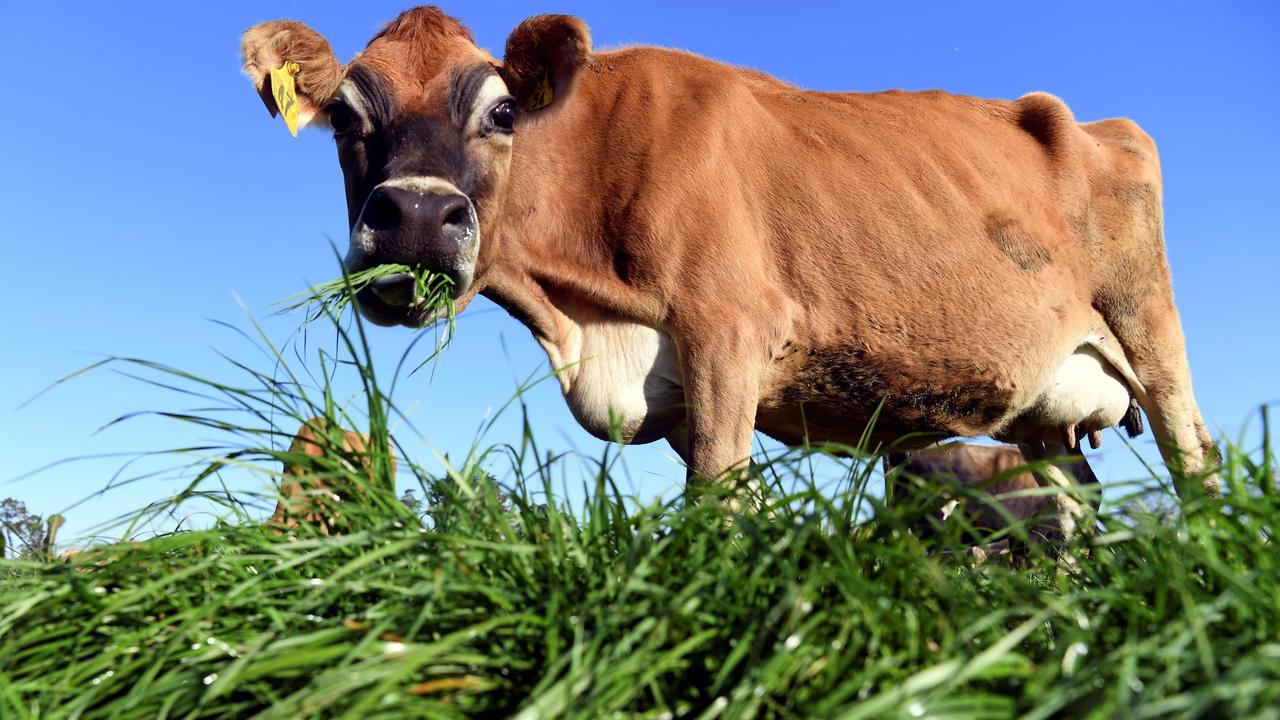Agriculture labour: Farmers fear backlash of backpacker bushfire visa
Farmers are concerned there may be unwanted consequences from the new backpacker visa allowing them to work in bushfire zones, with less labour come harvest time.
FARMERS fear changes to backpacker visa conditions to allow them to work in bushfire-affected zones could deter them from harvest jobs, making agriculture labour shortages worse.
The Federal Government this week announced changes to the working holiday scheme to encourage backpackers to bushfire areas and help with rebuild and recovery efforts.
Backpackers in those areas will be able to count volunteering with the clean-up toward their 88-days regional work to obtain a second-year visa — a requirement usually filled by undertaking harvest work.
Visa holders will also be able to stay with employers in bushfire zones for one year, as opposed to being forced to switch jobs every six months as occurs elsewhere.
National Farmers’ Federation chief executive Tony Mahar said while the extra hands to help regional areas rebuild was “absolutely welcomed”, there were concerns about the impact on farmers, many of whom relied on backpackers to fill their labour needs.
“We are seeking an assurance that backpackers won’t be directed away from day-to-day farm jobs,” he said. “We hope this program will attract more backpackers to our shores.
“A great result would be backpackers assisting with the bushfire-recovery process and fulfilling the everyday farm jobs that continue to need to be filled.”
Working holiday-maker numbers — for 417 and 462 visas — have been declining for the past seven years, dropping to 209,036 for 2018-19, despite the Government relaxing several criteria in recent years, and increasing the caps under the 462 visa scheme.
Farmers, however, have been calling for a more permanent solution to the industry’s labour shortages.
Victorian Farmers Federation vice-president Emma Germano said it was great to see red tape removed but “we need this attention to the migration visa system all the time”.
“It’s all well and good to make announcements ... but they’re never actually measuring how valuable they are or not,” she said.
“Obviously the whole country needs to prioritise bushfire-affected areas right now and that’s fine — we just need to make sure there’s enough workers wherever they come from.”


